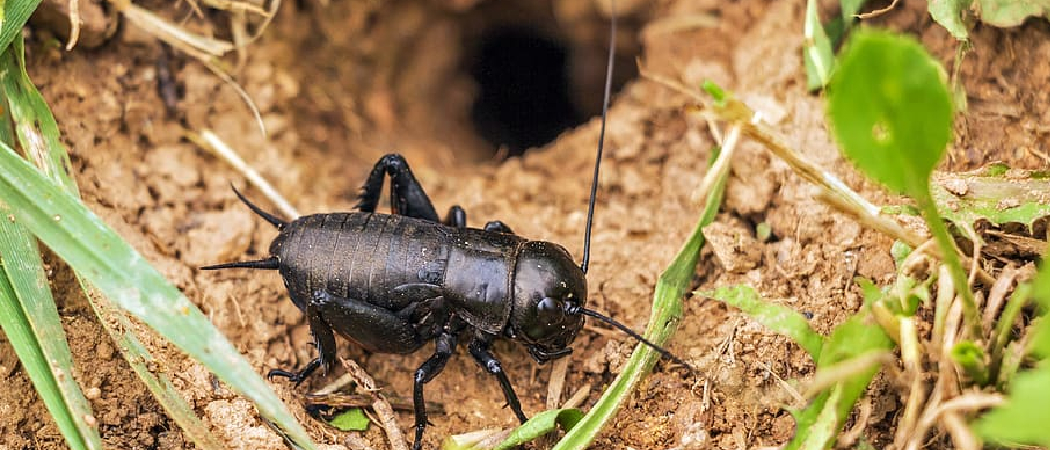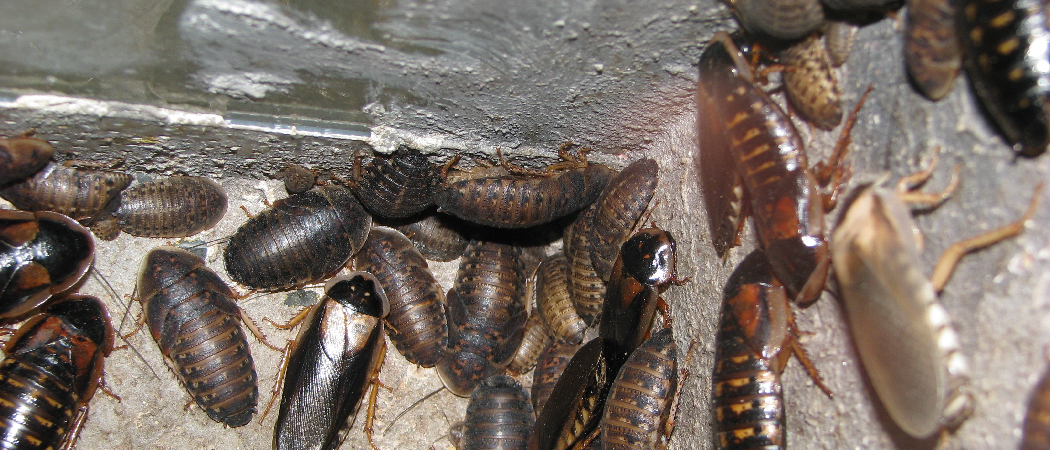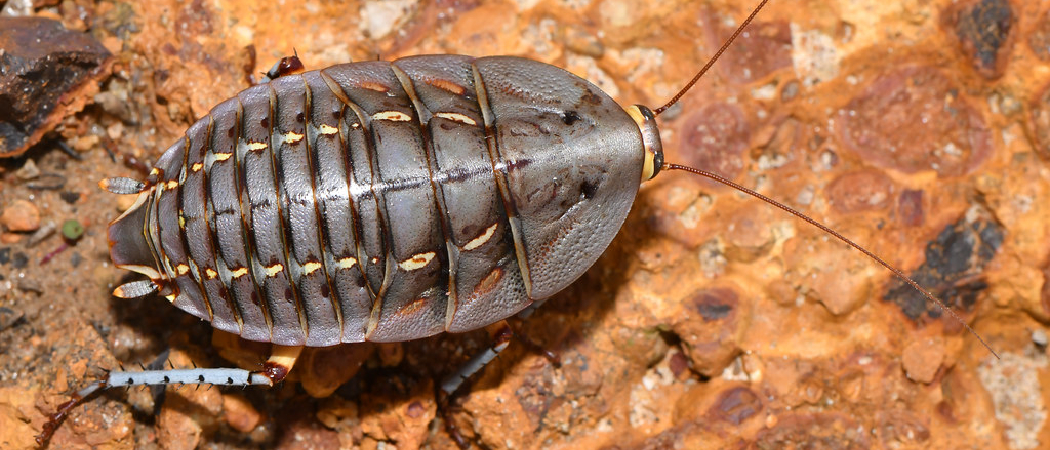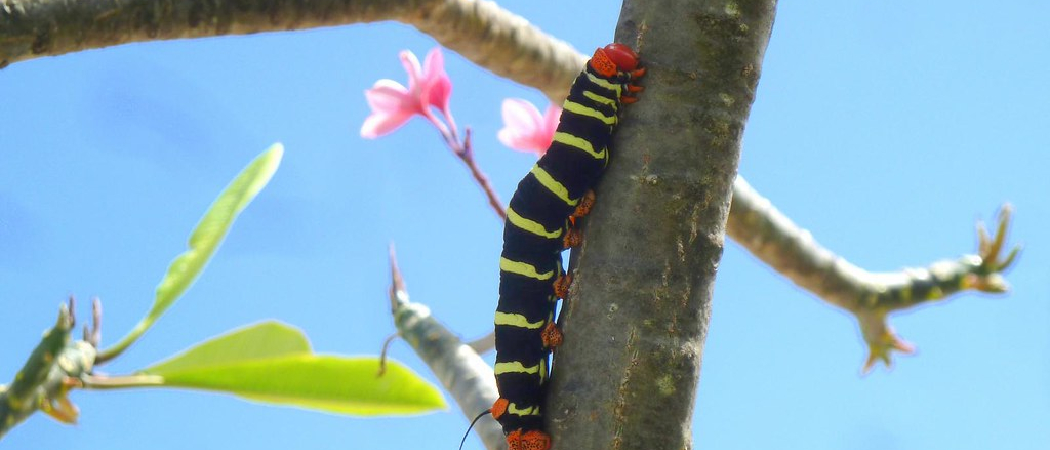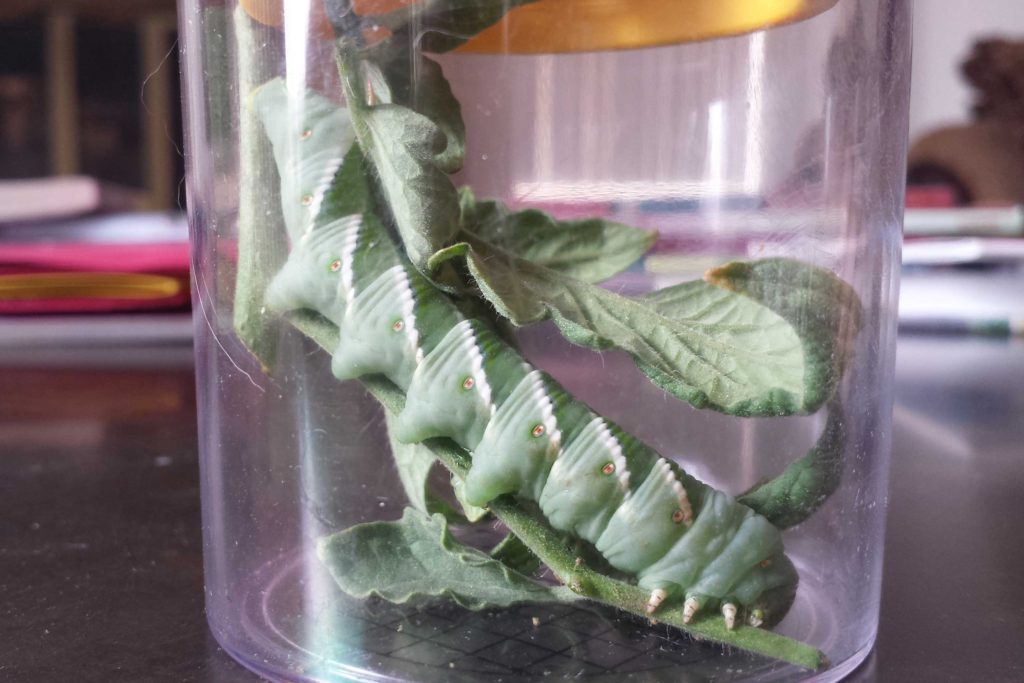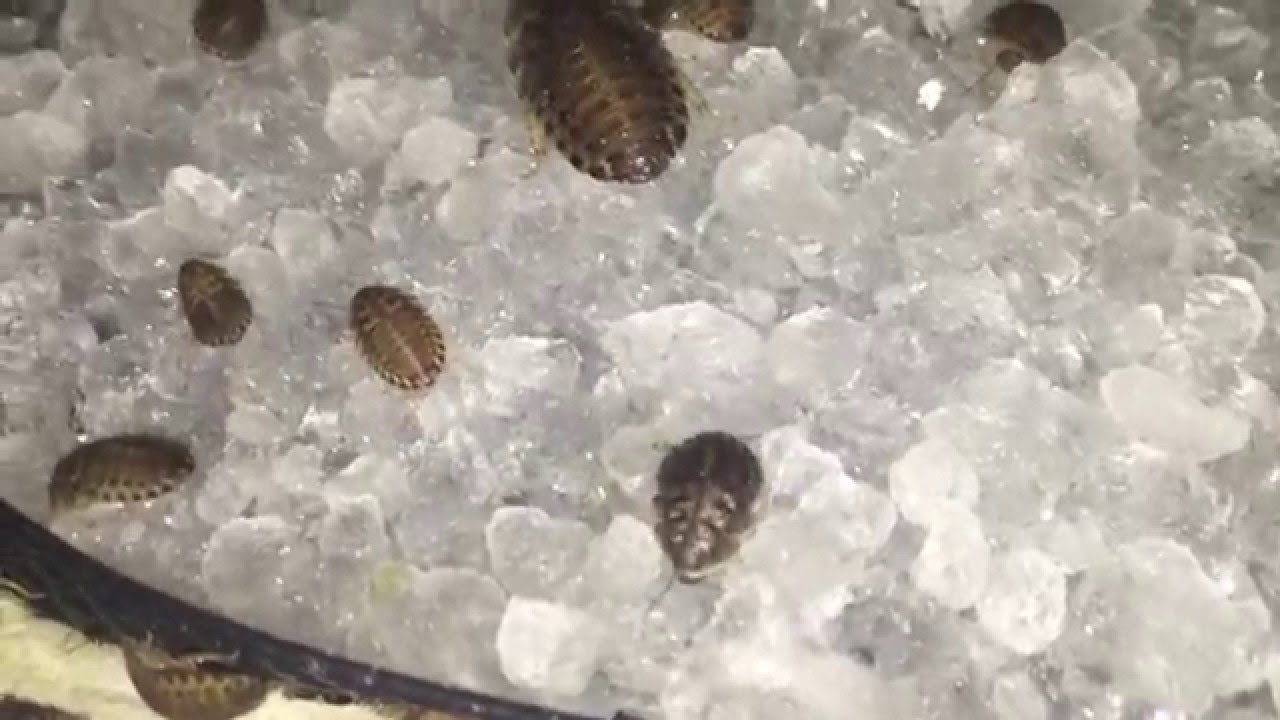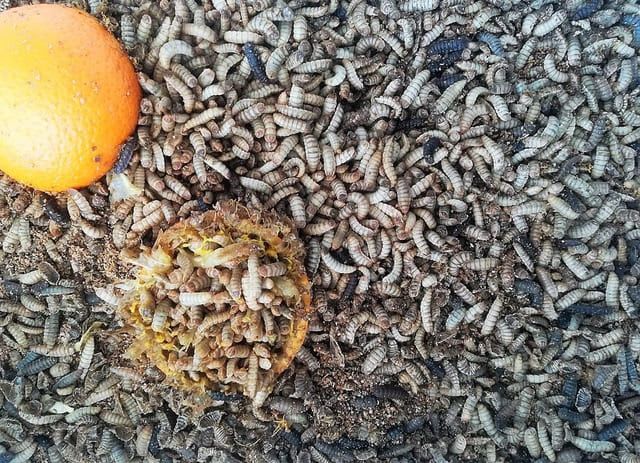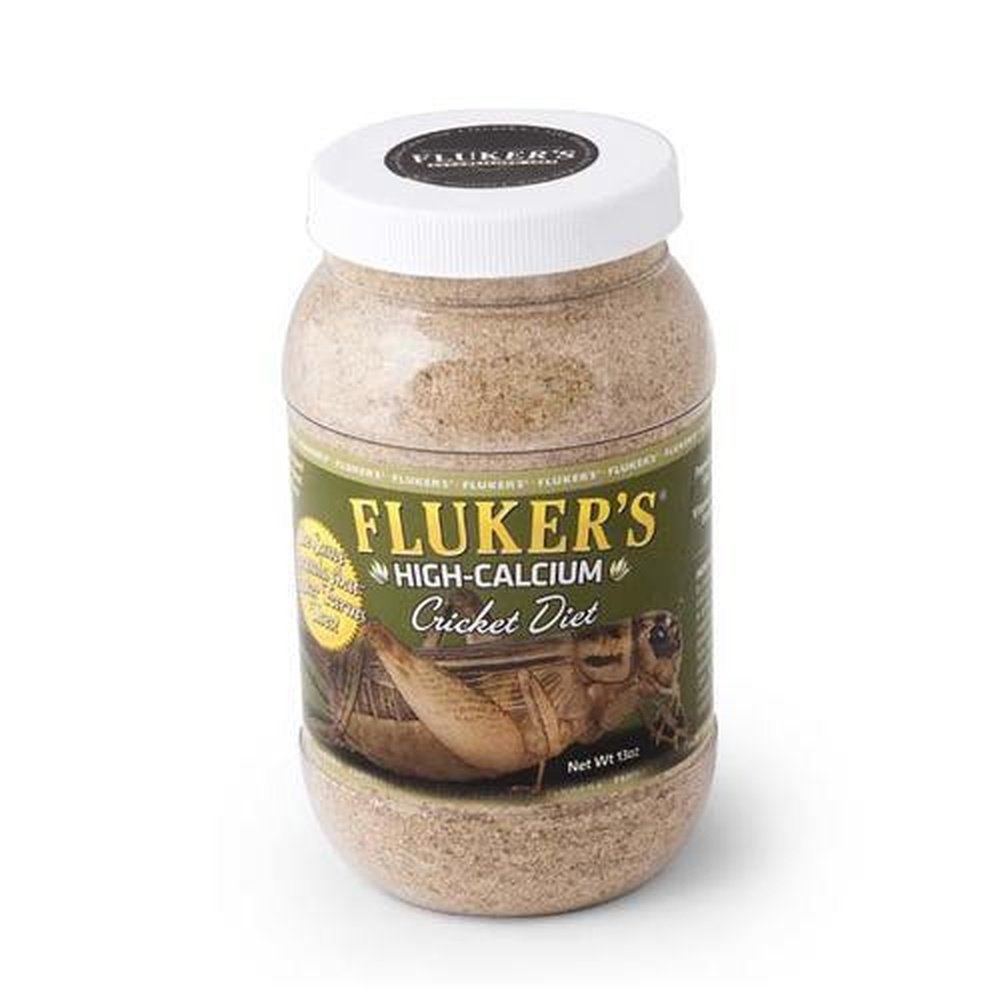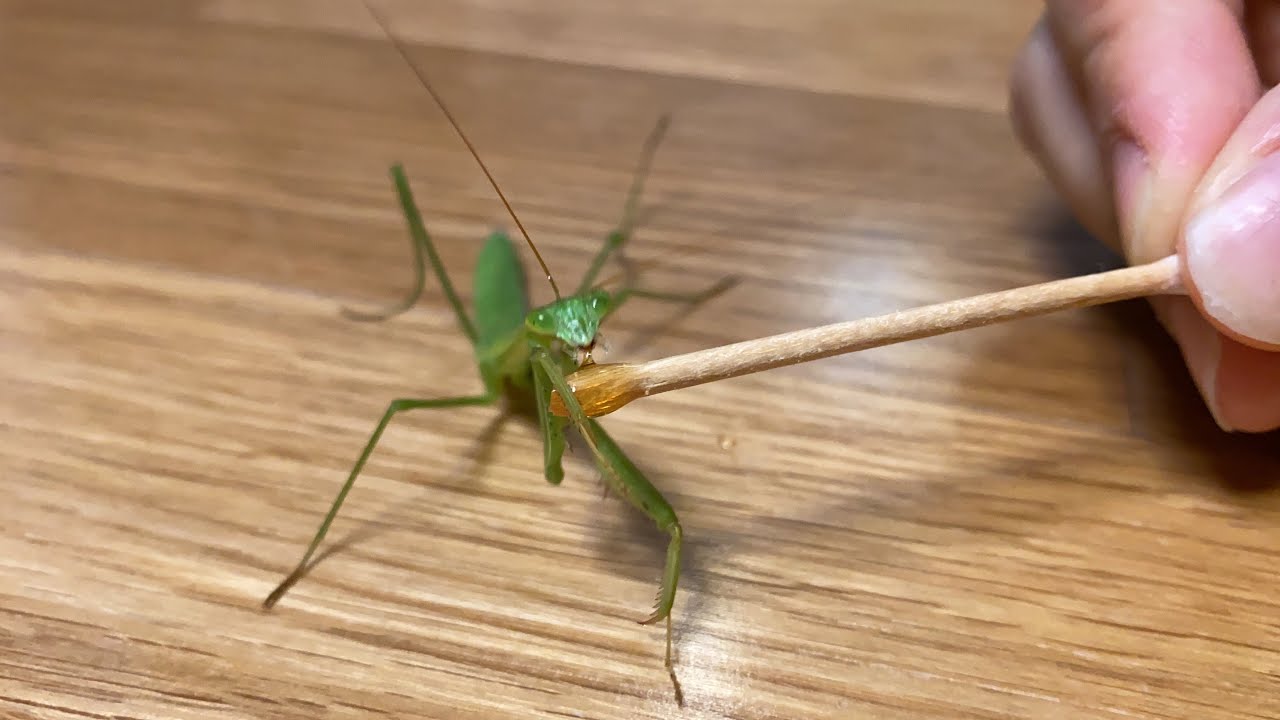Where Do Crickets Go in the Winter: Unveiling the Mysterious Hideaways
Where do crickets go in the winter? Crickets typically seek refuge in warm, sheltered places during the winter months. During the colder season, crickets instinctively search for protected environments. These small insects are known to find their way into homes, buildings, or even burrow underground to survive the harsh winter conditions. Crickets are attracted …

